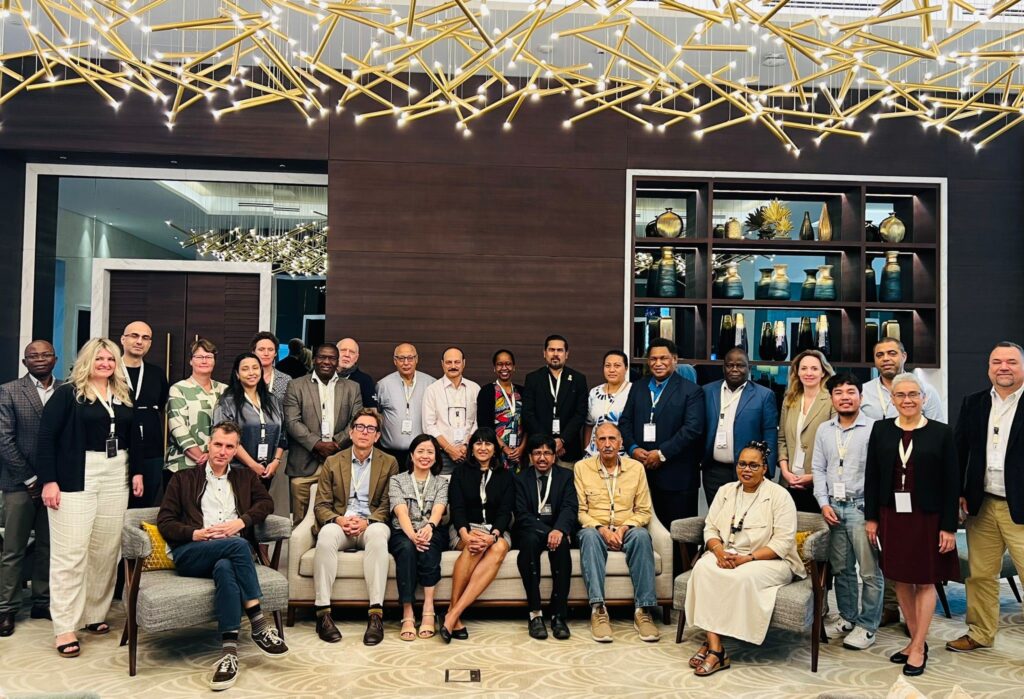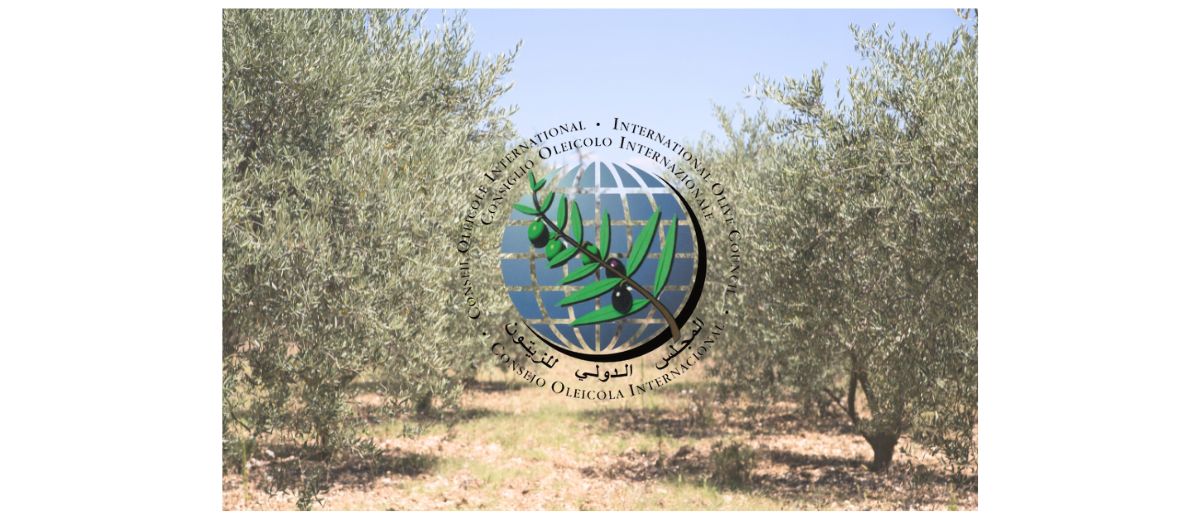The Role of International Gene Banks
The International Olive Council (IOC) continues to lead global efforts to safeguard the genetic resources of the olive tree through collaboration with the FAO’s International Treaty on Plant Genetic Resources for Food and Agriculture (International Treaty). These initiatives are crucial in combating genetic erosion and ensuring the long-term conservation of olive diversity.
A recent workshop, held from 27–29 November 2024 in Dubai and organised by the International Treaty Secretariat and the Global Crop Diversity Trust (Crop Trust) with support from Norad, focused on enabling international gene banks to access sustainable funding under Article 15 of the International Treaty. The IOC actively participated, presenting the unique characteristics of olive gene banks as living collections.
These gene banks, developed under IOC auspices, are being integrated into the International Treaty framework. The signing of tripartite agreements, such as the landmark accord with Spain in June 2024 and ongoing negotiations with Morocco, highlights this progress. These agreements aim to secure Article 15 funding, ensuring the sustainability of these vital collections.
The workshop also addressed governance, technical standards, and the development of long-term conservation strategies. This collaboration strengthens the IOC’s mission to promote olive cultivation and preserve the genetic heritage essential for the resilience and sustainability of the olive sector.
Moreover, in addition to the living collections, the IOC, in collaboration with the University of Cordoba, plans to deposit an initial batch of olive pits from various varieties in the Svalbard Global Seed Vault in Norway in February 2025. Preparations for the signing of an agreement between the IOC and the seed vault are currently underway.











